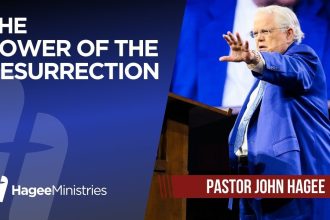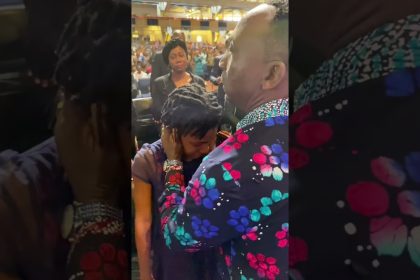The 50-year-old Catholic Priest called on the government to put in place measures to ensure religious freedom in the West African nation.
Despite persecution, Fr. Nomhwange said, “We thank God that faith continues to grow. And I think God is alive in His church and He is doing wonders in this Church.”
“I think God has blessed the church in Nigeria tremendously with the gift of faith. And we must not forget those who helped to bring that faith to us,” the native Nigeria’s Catholic Diocese of Gboko said.
The U.S. Congress has approved a Bill that expresses a commitment to promote religious freedom in Nigeria, and in other countries where it is lacking. The State, Foreign Operations, and Related Programs Appropriations Bill for a total of US$51.7 billion was approved on June 28.
The Bill includes several paragraphs related to funding of actions and projects for the promotion and protection of religious freedom, as well as directing financial support to faith-based organizations that are active in Africa’s most populous nation.
This includes US$10m “to support religious freedom and atrocity response projects in Nigeria, including in the Middle Belt and Benue State.”
In a July 10 report, the Catholic Pontifical and charity foundation, Aid to the Church in Need (ACN) International, congratulated the U.S. for approving a Bill noting that the approved Bill “will go a long way to helping fund efforts to promote religious freedom in countries where it is lacking.”
The charity foundation thanked the U.S. Congress for renewing and deepening its commitment to religious freedom in countries and regions where it said “people continue to suffer for their faith.”
“This is a concrete manifestation of how U.S. legislators acknowledge the painful consequences of religiously motivated violence,” the Executive President of ACN International, Regina Lynch, is quoted as saying in the July 10 report.
The Bill also includes a requirement that the U.S. Secretary of State explain to the appropriate congressional committees, within 30 days, why his department did not designate a nation as a a Country of Particular Concern (CPC) when making CPC designations, in cases where the USCIRF had so recommended.







